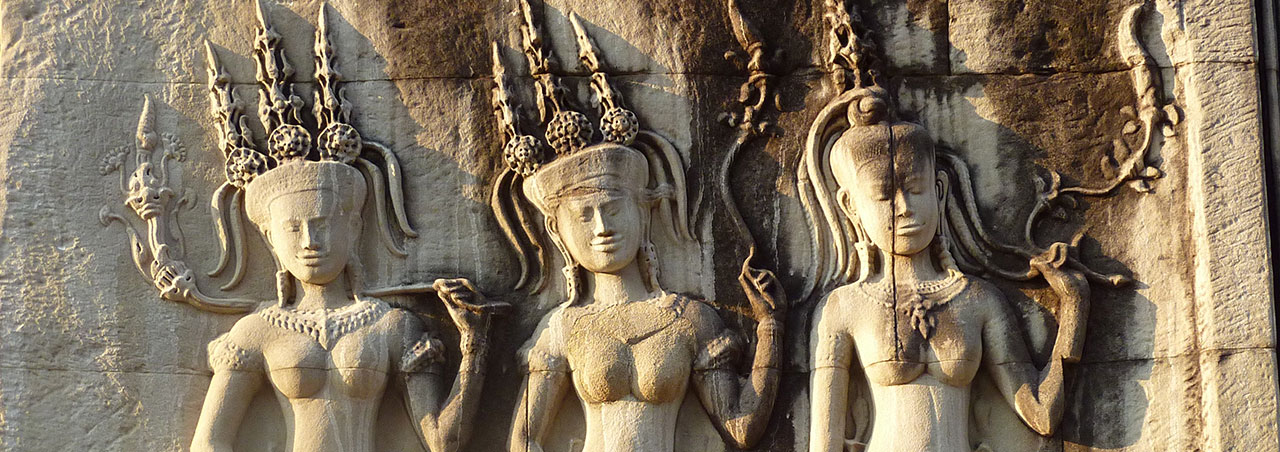In response to:
an email describing how their daughter is Christian, and reflecting on how to relate to her.
Many thanks for your kind words, and for sharing so much of your personal experience and situation. I’m afraid I can’t really do justice to your email at this time, but wished to send a response that at least touched on some of the points you raise.
The Pure Land notion in Buddha Dharma is quite a complex one in terms of origins and development, having developed in a number of ways in both China and Japan, and then again in the Tibetan sphere of Dharma. My own experience of pure land traditions is largely from Chinese Pure Land, which I used to practice many years back.

Key differences between Pure Land and Heaven
To point to what may be the key difference between a Pure Land and an abode of the gods, or a heaven – essentially, one is seen as being still in the influence of karma, and the other isn’t. When you go to a heaven realm as a god, you still are within Samsara, and act in such ways to either create good or bad karma. And necessarily you will still be reborn into another realm when the karma that took you to that rebirth runs out.
However, in a pure land it is impossible to create bad karma. It is said that you are freed from the cycle of birth and death so that you can concentrate single-mindedly on attaining Enlightenment. It is taught that there you will not have any negative experiences, nor create bad karma. So if you like, from there, the only way is up! Once in a pure land, the only ‘place’ to go to is Nirvana, so to speak.
In the Deva realm, you are largely surrounded by other Devas (gods), whereas in a pure land, you are surrounded by Buddhas and Bodhisattvas who guide you constantly in the Dharma.
Experience is not fixed
To turn to your other points, I would say that it is taught that all beings go through the stages you describe between death and birth, but it’s important to remember that how beings experience that would be dependent on their karma and merit. So they may experience that in an entirely different way. All things are empty, and the play of appearances is dependent arising so all that you experience is the result of your previous actions, and not fixed or a certain way in that sense for all beings.
A delicate path of communication
It’s wonderful you are able to communicate so well with your daughter about such things, and that she is receptive to your path too. Communicating across religious paths is something quite prominent in my personal and family life too, so I have empathy there with you. A delicate process, challenging to be sure. For myself I feel it important to not try to make everything either harmonise, or not to look necessarily for the ‘differences’ and indeed to be patient with seeming differences, but to just allow things to be as they are, to be a play of experiences and arisings, and allow things to take a course without too much forcing of them in particular directions. Everyone has their own way through these things, seeking to help others and to not create bad karma themselves, or to encourage others to do so either.
Could you tell me more about the Dzogchen book, I’m intrigued! Is it in English?
best wishes to you in the Dharma



